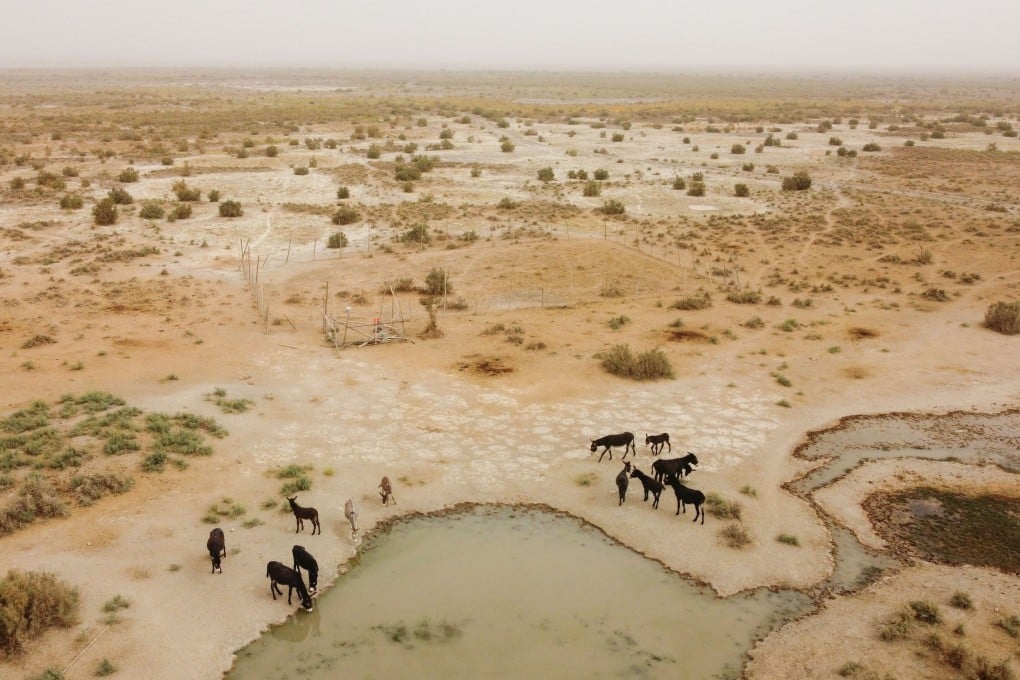Could China’s molten salt nuclear reactor be a clean, safe source of power?
- The thorium-powered reactors do not need water as a coolant, meaning they can be built in remote deserts alongside wind and solar power plants
- The technology should be safer than uranium-powered reactors and may also dispel some of China’s worries about energy security

A team of government researchers in China have unveiled the design for a commercial nuclear reactor that is expected to be the first in the world that does not need water for cooling, allowing the systems to be built in remote desert regions to provide power for more densely populated areas.
The molten salt reactor, which is powered by liquid thorium rather than uranium, should also be safer than traditional ones because in the event of a leak, the molten thorium would cool and solidify quickly, dispersing less radiation into the environment.
Construction work on the first commercial reactor should be completed by 2030 and the government plans to build several in the deserts and plains of central and western China.
“Small-scale reactors have significant advantages in terms of efficiency, flexibility and economy. They can play a key role in the future transition to clean energy. It is expected that small-scale reactors will be widely deployed in the next few years,” Professor Yan Rui and colleagues at the Shanghai Institute of Applied Physics wrote in a paper published in the Chinese journal Nuclear Techniques last week.
“A molten salt reactor has the advantage of being multipurpose, small in size and highly flexible. It is as easy to design as a small-scale reactor. In recent years, the potential of small-scale molten salt reactors has caught international attention.”